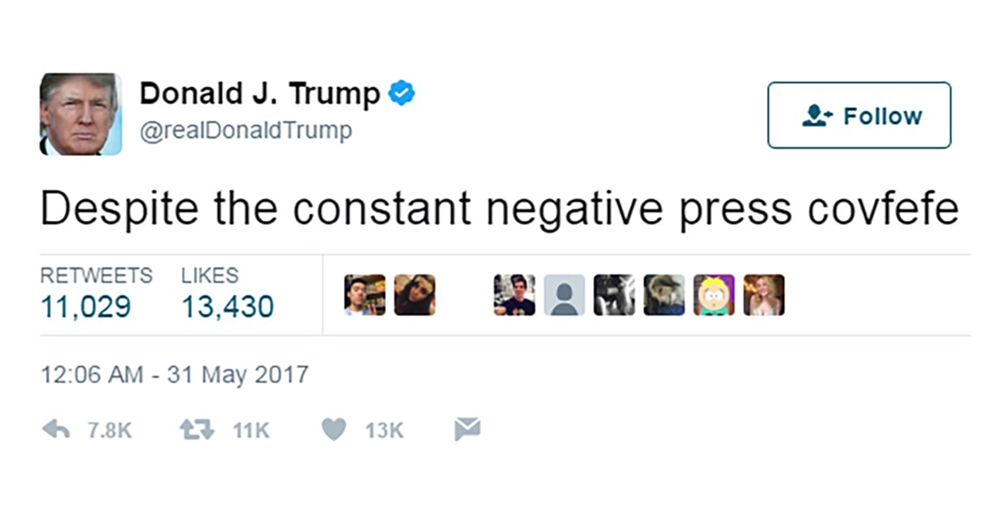You might think that that coffee could not be spoiled by today’s politics, but, well, consider the Keurig line of coffee-related products. I’m a Starbucks man, myself, but one of the great things about capitalism is that I can have my tall (or grande) latte and you can have your home-brewed Keurig cup of java.
Enter Media Matters.
You might think of the outfit as the subject of President Trump’s enigmatic tweet of several months back …

… which is all he wrote.
He obviously meant “negative press coverage,” but got distracted. And the typo took on a life of its own.
But Media Matters, a dirty player in the politico-cultural wars (pretending to be a watch dog outfit), stepped in. One of Media Matter’s negative employees tweeted
Good afternoon @Keurig. You are currently sponsoring Sean Hannity’s show. He defends child molester Roy Moore and attacks women who speak out against sexual harassment. Please reconsider.
And Keurig capitulated, pulling their ads from Hannity’s show.
Now, as far as I can tell*, Sean Hannity did not defend “child molester Roy Moore.” Understandably, Hannity’s fans struck back, not only initiating a public boycott, but made the whole thing viral by trashing the Keurig coffee makers in online videos.
This is the result of going full Alinsky.**
And there appears to be a clear bad guy here, clearer even than Roy Moore’s alleged crimes: Media Matters lied to squash Hannity for reasons having nothing to do with the Alabama Senatorial race.
Media Matters embodies “covfefe.” And the negativity has spilled out of politics and into the beauty of everyday life. Coffee.
This is Common Sense. I’m Paul Jacob.
* The YouTube recording of Hannity’s interview of Judge Moore that I listened to has been pulled, so there’s no point in linking to it. Instead, consider Ben Shapiro’s take and other non-covfefe at The Daily Wire.
** Never go full Alinsky.











